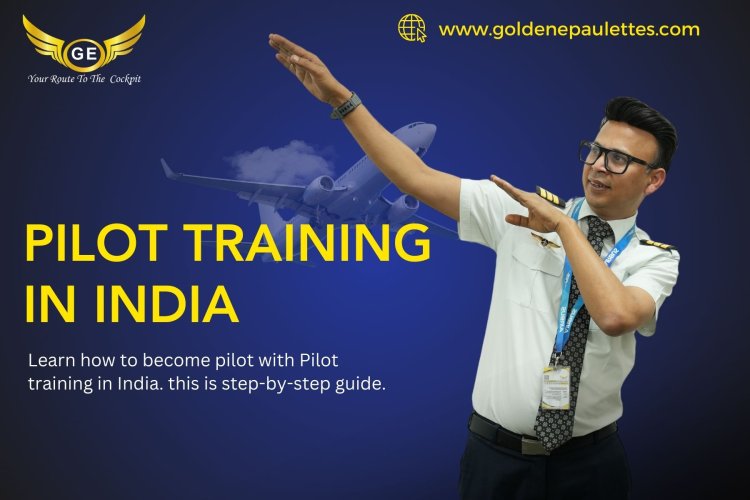The Importance of Simulators in Pilot Training in India
This article explores the importance of flight simulators in pilot training in India, highlighting how they enhance learning, improve skills, and reduce costs.

The Importance of Simulators in Pilot Training in India
In pilot training in India, flight simulators have become an integral part of the training process, providing aspiring pilots with a safe and controlled environment to practice their flying skills. Simulators are used extensively to replicate real-life flying conditions, allowing students to experience a wide variety of scenarios and conditions that may be difficult or dangerous to replicate in an actual aircraft.
This article explores the importance of flight simulators in pilot training in India, highlighting how they enhance learning, improve skills, and reduce costs.
What Are Flight Simulators?
Flight simulators are high-tech machines designed to mimic the experience of flying an aircraft. They recreate the cockpit environment, controls, and various flight conditions, offering a realistic experience without the need for an actual aircraft. In pilot training in India, simulators are used to simulate everything from routine flights to emergency situations, giving pilots the opportunity to practice handling difficult scenarios.
These simulators vary in complexity, ranging from basic desktop systems to full-motion simulators that closely replicate the movements of an aircraft.
Benefits of Flight Simulators in Pilot Training
-
Safe Environment for Learning: Simulators provide a controlled environment where pilots can practice maneuvers and techniques without the risk of an accident. In pilot training in India, simulators allow students to practice emergency procedures, navigation, and adverse weather conditions without any danger to themselves or others.
-
Cost-Effective Training: Flying an actual aircraft can be expensive, with costs accumulating for fuel, maintenance, and aircraft rental. By using simulators, pilot training in India becomes more cost-effective as students can practice multiple flights without the added expense of flying a real plane. This allows students to accumulate flight hours more quickly and affordably.
-
Enhanced Skill Development: Flight simulators help students develop critical flying skills, such as handling difficult landings, executing instrument approaches, and managing emergency situations. The simulator offers immediate feedback, helping students refine their skills and build confidence before taking them to the actual cockpit.
-
Replicating Emergency Scenarios: In real-life flight training, emergency situations like engine failures or adverse weather conditions can be difficult to simulate. However, simulators allow instructors to recreate these emergencies and train students on how to respond effectively. This is an essential part of pilot training in India, as pilots need to be prepared for any unforeseen situations during their career.
-
Consistency and Repeatability: Unlike actual flight training, simulators allow students to repeat specific exercises and scenarios as many times as needed to master them. This consistency ensures that pilot training in India can be tailored to each student's individual progress, ensuring no skill is left behind.
The Role of Simulators in Advanced Training
For more advanced training, simulators become even more critical. In pilot training in India, flight simulators are used for training pilots seeking Commercial Pilot Licenses (CPL) and Airline Transport Pilot Licenses (ATPL). These simulators allow students to experience complex airline operations, including managing an entire flight crew, optimizing flight routes, and handling high-stress situations in the air.
Simulators are also used to familiarize pilots with aircraft systems and technologies, preparing them for both normal and abnormal operations.
Conclusion
Flight simulators play a vital role in pilot training in India by offering a safe, cost-effective, and effective training tool for aspiring pilots. By simulating real-world flying conditions, they allow students to practice critical skills, handle emergencies, and gain valuable experience without the costs and risks associated with real-world flight training. As technology continues to advance, simulators will only become more essential in shaping the future of aviation training in India.
What's Your Reaction?
















.jpg)
